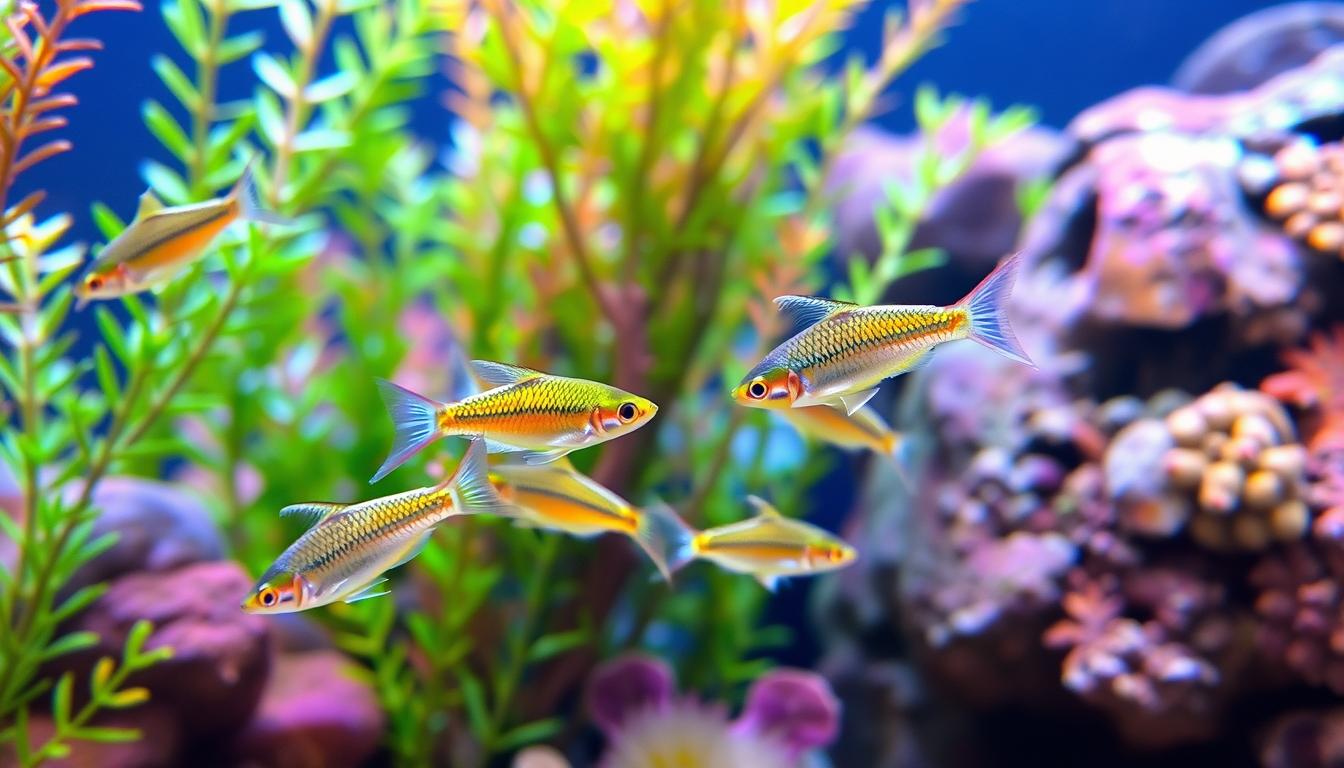The Ultimate Guide to Raising Happy and Healthy Labrador Retriever Puppies

The Ultimate Guide to Raising Happy and Healthy Labrador Retriever Puppies
Introduction
Raising a Labrador Retriever puppy is both thrilling and fulfilling. These loving, intelligent, and spirited dogs bring immense joy and companionship to their families. To ensure your Labrador develops into a happy and healthy adult, it’s essential to understand and meet their specific needs from the start.

Choosing the Right Labrador Retriever Puppy
Researching Breeders and Adoption Options
When selecting a Labrador puppy, it’s important to find a reputable source. Research breeders who prioritize the health and temperament of their dogs, and ensure they follow ethical practices. Adoption centers are also a great option, as they often have puppies and adult Labradors in need of loving homes.
Identifying Traits of a Healthy Puppy
A healthy Labrador puppy should exhibit clear eyes, a clean coat, and an active, curious demeanor. Request health clearances for common issues such as hip dysplasia and eye conditions to ensure you’re choosing a puppy with a sound health background.
Preparing Your Home for a Labrador Puppy
Puppy-Proofing Your Home
Before bringing your new puppy home, make your environment safe. Remove hazards like small objects, secure electrical cords, and ensure that dangerous substances are out of reach. Create a designated area where your puppy can eat, sleep, and play comfortably.
Essential Supplies and Equipment
Gather the necessary supplies, including a comfortable bed, food and water bowls, chew toys, a collar, a leash, and puppy food. Having these items ready will help your puppy settle into their new home more easily.
First Days at Home
Helping Your Puppy Settle In
The initial days in a new home can be overwhelming for a puppy. Allow them to explore their new surroundings at their own pace, and offer plenty of love, patience, and reassurance to help them adjust.
Establishing a Routine
Puppies thrive on routine. Establish a consistent schedule for feeding, potty breaks, playtime, and sleep to help your puppy understand what to expect and reduce their anxiety.
Feeding Your Labrador Puppy
Choosing the Right Food
Labrador puppies have specific nutritional needs. Select a high-quality puppy food that supports their growth and development. Consult your veterinarian for recommendations based on your puppy’s individual needs.
Feeding Schedule and Portion Control
Feed your puppy on a regular schedule, typically three to four times a day, and measure portions to avoid overfeeding, as Labradors are prone to obesity. As your puppy matures, gradually transition to feeding twice a day.
Basic Training and Socialization
Importance of Early Training
Beginning training at an early age is essential for developing a well-mannered adult dog.
Begin with basic commands like “sit,” “stay,” and “come,” and use positive reinforcement techniques such as treats and praise.
Basic Commands and Techniques
To keep your puppy focused, ensure training sessions are brief and consistent.
. Socialize your Labrador with different people, environments, and other dogs to build confidence and good behavior.
Housebreaking Your Labrador Puppy
Effective Potty Training Methods
Potty training requires patience and consistency.Frequently take your puppy outdoors, particularly after eating and sleeping.
Praise and reward them for eliminating outside to reinforce positive behavior.
Dealing with Accidents
Accidents are a normal part of the training process. Clean up messes promptly and avoid punishment, as it can cause fear. Focus instead on rewarding correct behavior to encourage good habits.
Health and Veterinary Care
Essential Vaccinations and Check-Ups
Routine visits to the vet are essential for maintaining your puppy’s health.
. Ensure they receive necessary vaccinations, flea and tick prevention, and deworming. Discuss a vaccination schedule with your vet to keep your puppy protected.
Common Health Issues and Prevention
Labradors can be prone to health issues such as hip dysplasia and obesity. Maintain a healthy diet, provide regular exercise, and keep up with vet check-ups to prevent and manage these conditions.
Exercise and Playtime
Importance of Physical Activity
Labradors are high-energy dogs that require ample exercise.Daily walks, playtime, and mental exercises are crucial for their overall well-being.
Inadequate exercise can lead to behavioral problems.
Fun Activities and Toys
Engage your puppy with a variety of toys, including chew toys, balls, and interactive puzzles. Activities like fetch and agility training help keep them physically and mentally active.
Grooming Your Labrador Puppy
Bathing and Brushing Tips
Regular grooming helps keep your Labrador’s coat in top condition. Brush their coat weekly to reduce shedding and bathe them as needed.Opt for shampoos designed specifically for dogs to prevent skin irritation.

Nail Trimming and Ear Cleaning
Regularly trim your puppy’s nails to avoid overgrowth and ensure their comfort.
. Check and clean their ears frequently to avoid infections, especially if they swim often.
Handling Behavioral Issues
Common Behavioral Problems
Labradors may develop behavioral issues such as chewing, digging, or excessive barking. Address these issues early by identifying their causes and implementing corrective measures.
Positive Reinforcement Strategies
Encourage good behavior with positive reinforcement. Reward your puppy with treats, praise, and playtime for following commands and behaving well. Refrain from using punishment, as it may cause fear and aggression in your puppy.
Bonding with Your Labrador Puppy
Building a Strong Relationship
Creating a deep connection with your puppy requires dedicating quality time to be together.
Engage in activities you both enjoy, such as walks, playtime, and training sessions, to strengthen your relationship.
Communication and Trust
Developing trust with your puppy requires clear communication. Use consistent signals and body language to express your expectations and understand their needs.
Traveling with Your Labrador Puppy
Safe Travel Tips
Traveling with your puppy can be enjoyable if done safely. Use a secure crate or seatbelt harness, ensure your puppy is comfortable, and provide access to water. Take regular breaks for potty and exercise.
What to Pack for Trips
When traveling, pack essentials like food, water, bowls, a leash, toys, and any medications your puppy may need. Familiar items can help reduce anxiety and make the journey more comfortable.
Preparing for Adulthood
Transitioning to Adult Dog Care
As your Labrador puppy grows, their needs will change. Transition to adult dog food, adjust exercise routines, and continue regular vet visits. Adult Labradors require ongoing training and mental stimulation.
Continued Training and Health Maintenance
Training doesn’t stop in adulthood. Reinforce commands and introduce new ones to keep your dog’s mind sharp. Maintain their health with regular check-ups, a balanced diet, and adequate exercise.
Conclusion
Raising a happy and healthy Labrador Retriever puppy requires dedication, patience, and love. By understanding their needs and providing a supportive environment, you’ll build a strong, lifelong bond with your furry friend. Enjoy the journey, and remember that every moment spent nurturing your puppy contributes to their overall well-being and happiness.
FAQs
How often should I feed my Labrador puppy?
Feed your Labrador puppy three to four times a dayAs they mature, you can transition to feeding them just twice a day.
What are the best toys for Labrador puppies?
Chew toys, balls, and interactive puzzles are great choices. They provide mental stimulation and help with teething.
How can I prevent my Labrador from chewing on furniture?
Provide plenty of chew toys and use positive reinforcement to encourage appropriate chewing behavior. Puppy-proof your home to limit access to furniture.
When should I start training my Labrador puppy?
Start your puppy’s training immediately upon bringing them home.
What vaccinations does my Labrador puppy need?
Essential vaccinations include distemper, parvovirus, adenovirus, and rabies. Consult your vet for a complete vaccination schedule.



